Adapting to cholangiocarcinoma (CCA)
“To help patients living with CCA and as well as their caregivers”

cancer
Focused and innovative player developing targeted therapies to treat cancer
Cancer causes more than one in six of all deaths, making it the second leading cause of death in the world,1 and numbers are on the rise. To address the growing need for therapeutic solutions, we have made oncology one of our priority innovation areas.
We invest in oncology, with a view to becoming a focused and innovative player in rare cancer treatments.
For a company of our size, we are driving our oncology division to be:
Focused
Rare cancers, mastered technologies, and specific action mechanisms.
Innovative
Open ecosystems, substantial R&D investments, and precision medicine
As oncology evolves toward increasingly personalized therapeutic approaches, targeted therapies make it possible to propose solutions in line with patient needs. This is especially the case for rare cancers, for which there are still too few therapeutic solutions.
To step up the pace of research and development in innovative treatments, we unrelentingly promote and pursue open innovation with pharmaceutical labs, biotech companies, prestigious academic institutions, and start-ups.
In oncology, we have formed around 40 research partnerships and collaborations.
Focus
8 oncology treatments available for patients throughout the world
34
In February 2026, our oncology pipeline comprised 34 projects, 21 of which in clinical development and 13 research projects.
Understanding digestive cancers: Insight
Improving patients’ quality of life
At Servier, we work with patients at all stages of the medicine’s life cycle.
#PatientsVoice: Colon cancer
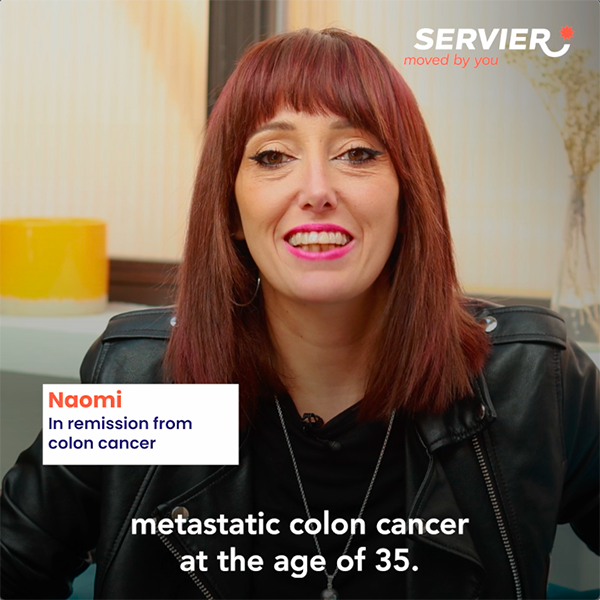
We have published a number of brochures and videos developed in collaboration with expert patients, patient representatives, carers and health care professionals. Designed for patients living with digestive cancers to support them, as well as their family, throughout their cancer journey, these materials form part of SHAPE,2 an international program launched by Servier in collaboration with Digestive Cancers Europe.
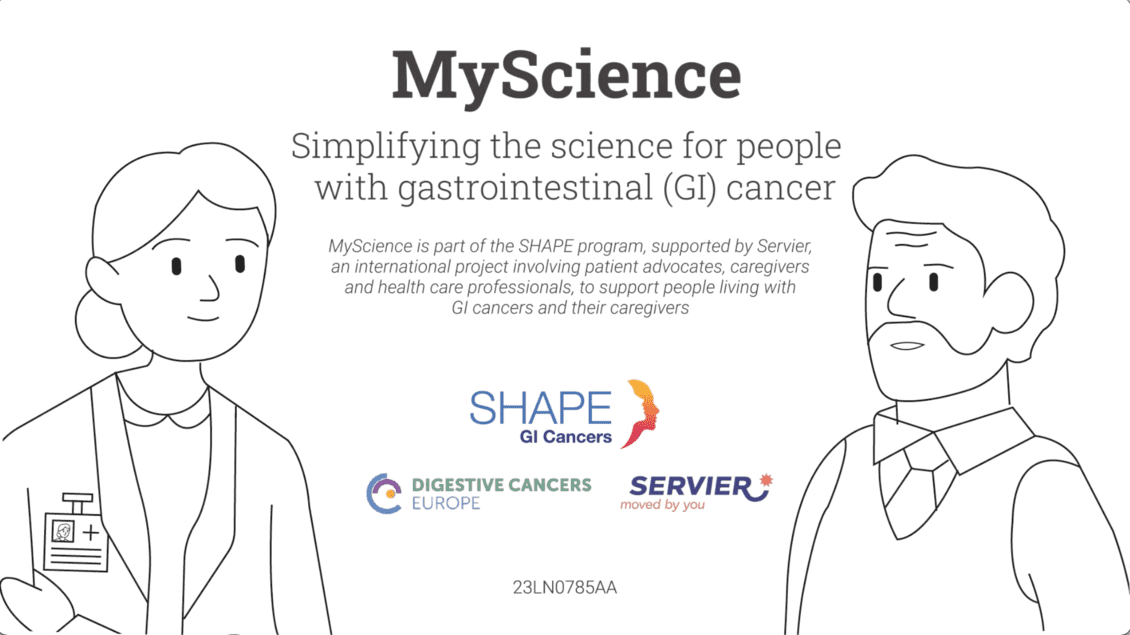
Understanding glioma
Glioma is the most common primary brain tumor in adults. While brain cancers are difficult to treat, detecting and removing the tumor as early as possible is crucial to optimizing prognosis.
#PatientsVoice: Cerebral tumor
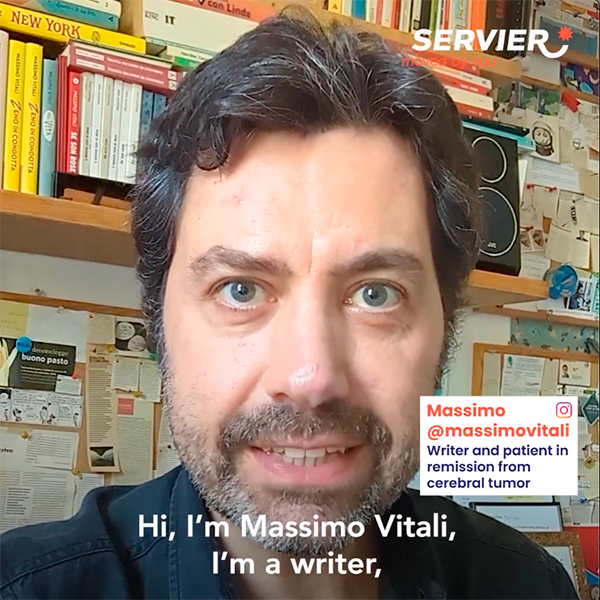
#PatientsVoice: Oligodendroglioma
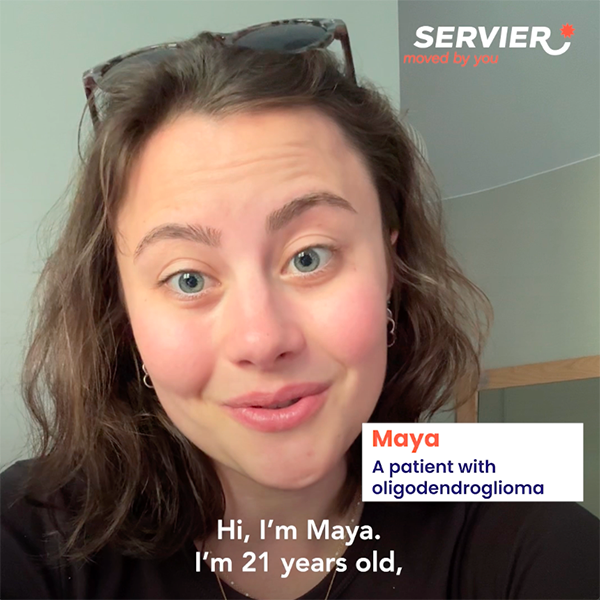

Understanding acute lymphoblastic leukemia
Acute lymphoblastic leukemia is a bone marrow cancer that involves a specific type of white blood cells called lymphoblasts. This form of leukemia is a rare disease that affects children more frequently than adults, and more men than women3.
Understanding acute myeloid leukemia
Acute myeloid leukemia (AML) is a rare disease which mainly affects the elderly. It is a blood and bone marrow cancer which develops rapidly without therapeutic treatment.
#PatientsVoice: Acute myeloid leukemia
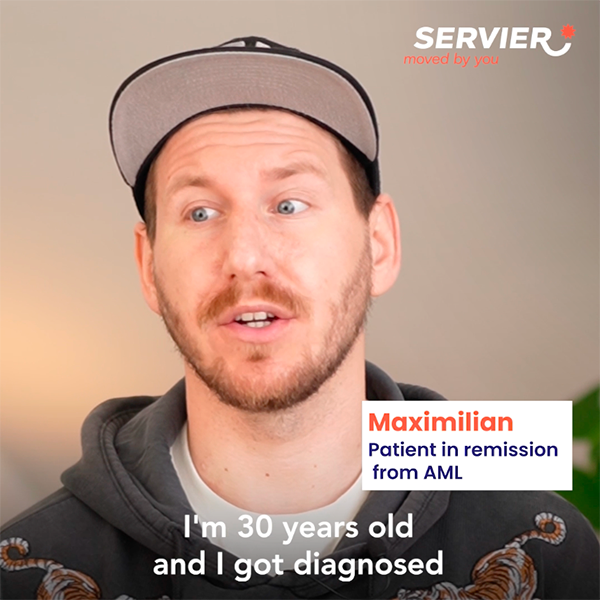

Understanding myelodysplastic syndromes
Myelodysplastic syndromes (MDS) affect the bone marrow, which then produces too few healthy blood cells. MDS are difficult to qualify owing to their complexity and can evolve into acute myeloid leukemia (AML) if not detected in time.
Want to report a side effect?
Check out our Pharmacovigilance page.